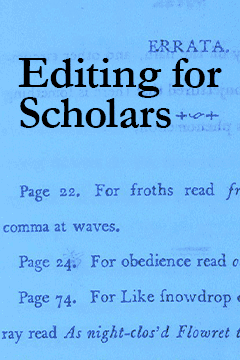Moral Education in the Age of Reagan
Moral Education in the Age of Reagan
Modern conservatives since Edmund Burke have held a difficult position, at least in part because of the distinctiveness of their view. They defend the things of the past, and are inclined to respect history; and yet, it is a foregone conclusion that history will ratify many of the causes they set out by opposing. John Crowe Ransom described this predicament vividly in a review of Russell Kirk’s The Conservative Mind, where he noticed “how conservatives when they return to power do not proceed heroically to undo the innovations of their enemies, as they may have threatened they would; but acquiesce in them, almost without a word of explanation, as if another chapter of history had been written irrevocably.” Accordingly, much of William F. Buckley’s reputation as the spokesman for a serious movement, or of Ronald Reagan’s image as a leader in tune with America in the 1980s, depends on our forgetting that these men opposed the civil rights laws of the 1960s and have long been committed to abolishing Social Security if they could. All the way to their assumption of power, they argued for the retrenchment or repeal of a variety of measures that began as innovations, but which the suffrage of American opinion has preferred to keep as traditions. This, however, is a commonplace irony of the sort that all of us confront, simply by virtue of our existence in time. It is no more embarrassing than the liberal’s frequent discovery that what the people need does not happen to be what they want. A more persistent difficulty, for American conservatives particularly, arises from their uncritical acceptance of the capitalist market.
Download the full article as a PDF




